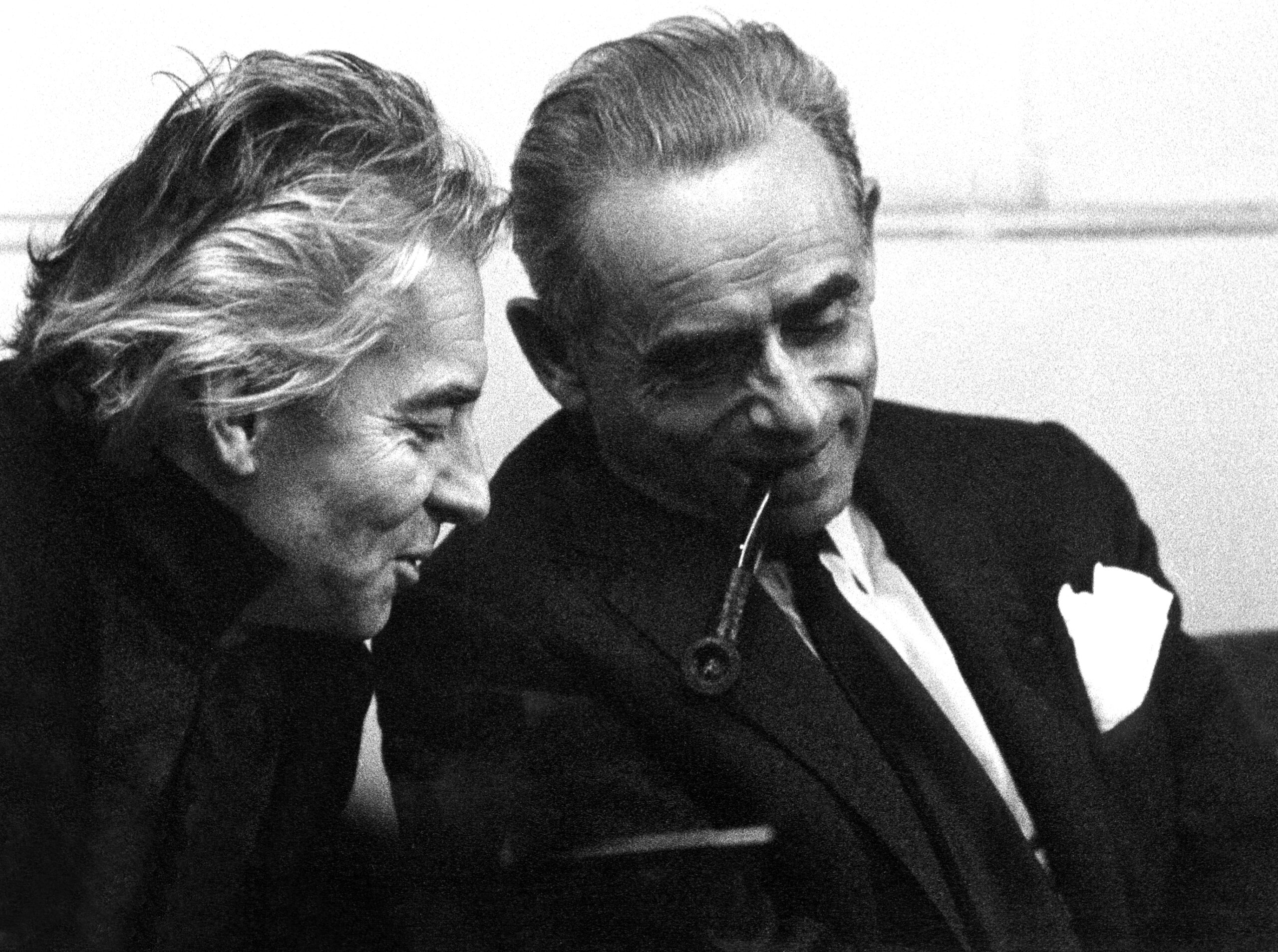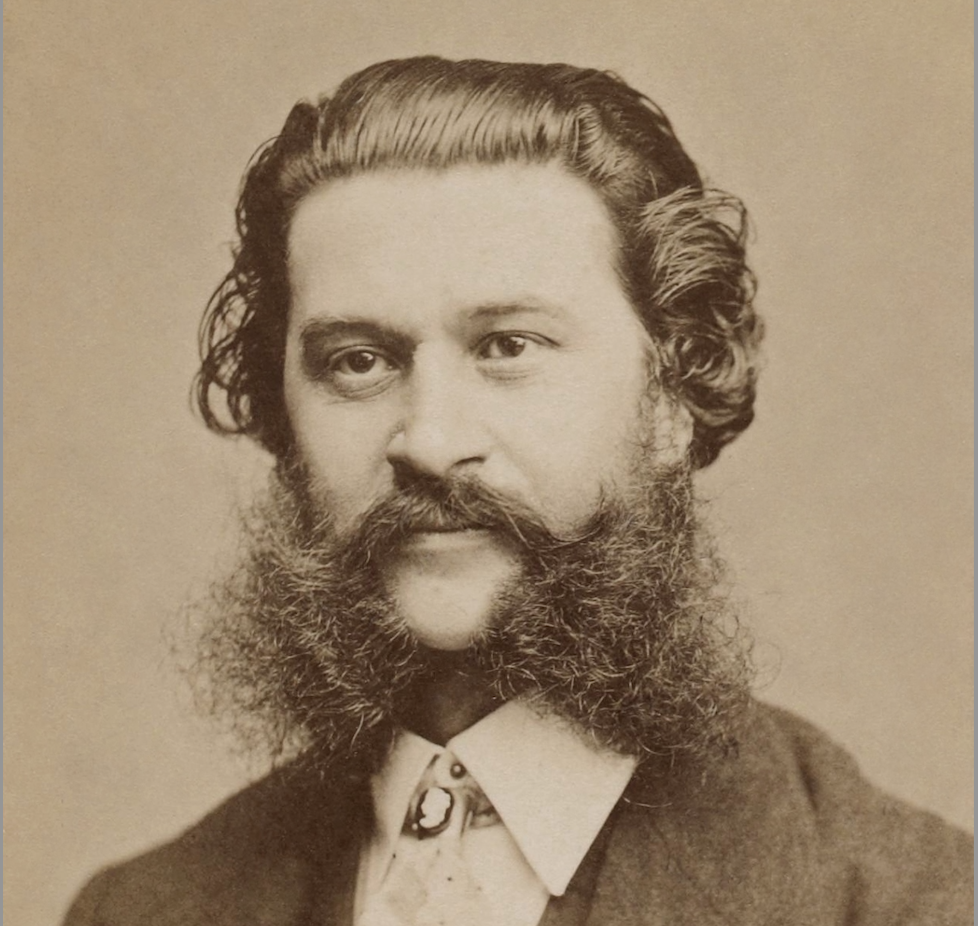20 December 2024
P.R. Jenkins
Spotlight Schmidt: the “Notre Dame” intermezzo

Unlike many other great conductors – for example Furtwängler, Bernstein or Previn – Karajan never had the slightest intention to be a composer and none of the composers he knew personally – for example Strauss, Walton or Blacher – ever urged him or persuaded him to compose himself. No one, that is, except Franz Schmidt. Schmidt was head of the Vienna Conservatory when Karajan started studying there in 1926 and he was also master of the composing class that Karajan had to pass in order to gain access to the conducting class, the only one he was really interested in. Franz Schmidt (1874 – 1939) was almost forgotten as a composer at the end of the 20th century but the last 25 years have brought increasing attention to his work. It can be seen (and heard) as a tonal alternative to the works of Schoenberg, which he knew very well and also performed. Schmidt was Mahler’s favourite cellist in the “Hofopernorchester”, a stunning organist and the composer of four symphonies and the oratorio “The Book with Seven Seals”, one of the greatest choral works of the 20th century. As a teacher, Schmidt was obviously indulgent. Karajan’s talent for conducting was so evident that Schmidt didn’t insist on proper composition but only required an exercise in orchestration. Karajan complied and edited the first movement of Beethoven’s piano sonata Nr. 3.
The only piece by Schmidt that Karajan conducted and recorded was the popular intermezzo from “Notre Dame”, an opera based on Victor Hugo’s novel “The Hunchback of Notre-Dame”. Karajan recorded it three times, once with the Philharmonia Orchestra (in 1959) and twice with the Berlin Philharmonic (1967 and 1981).
— P.R. Jenkins

